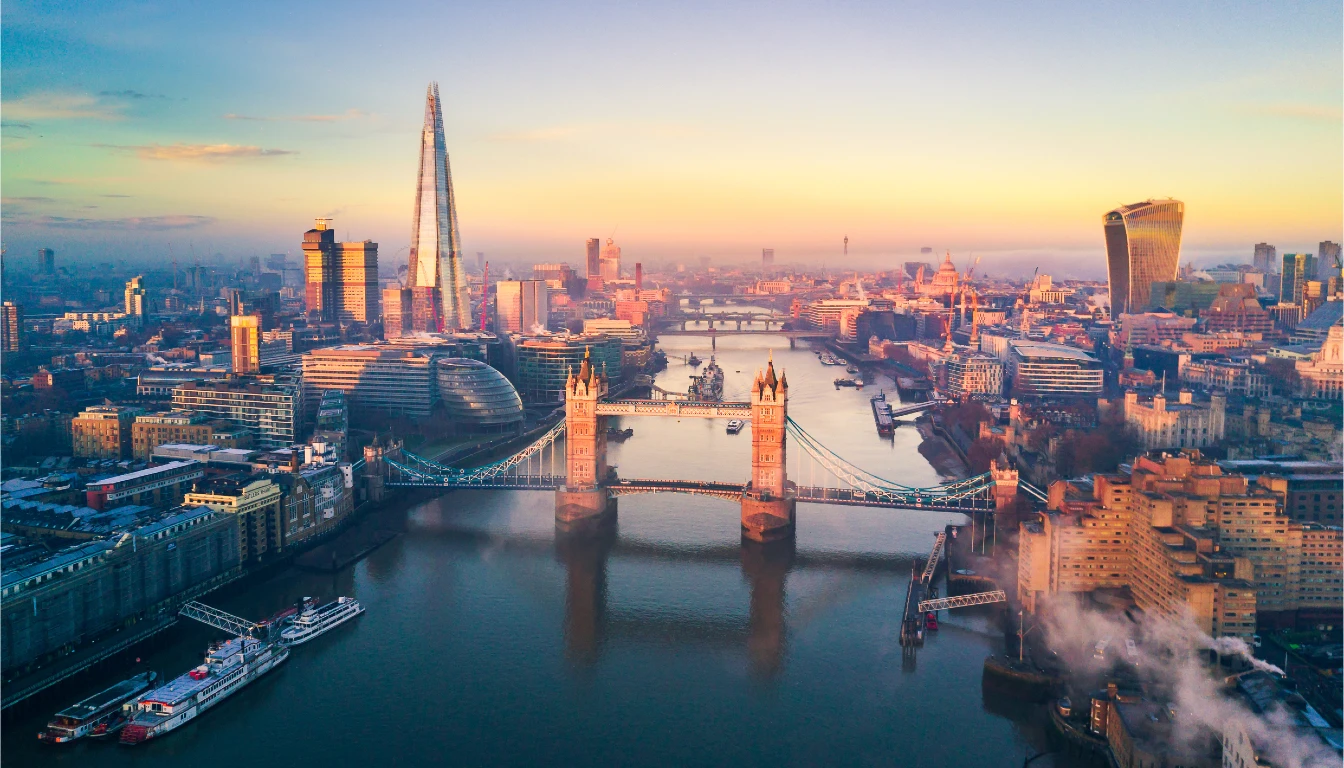The London Climate Resilience Review chaired by Emma Howard Boyd has published a set of recommendations to address the city’s vulnerability to climate change. The report warns of potential property damage, additional deaths from heatwaves, and financial losses due to climate inaction, stressing the need for urgent adaptation measures.
These should include charging residents for paving gardens (or incentives to remove paving), constructing a new reservoir, and developing a heat plan to protect vulnerable populations from heatwaves, the report suggests. Additionally, the report calls for the construction of a new reservoir, enhanced flood defences, and a heat plan to safeguard vulnerable populations from heatwaves.
The report warns that, by the end of this decade, four in ten London properties could be affected by subsidence due to drying soil from higher temperatures. Without taking action, heatwaves could result in thousands of additional deaths. Surface flooding is another significant threat, exacerbated by the extensive concrete and paved areas in the city. To counter this, the report recommends the establishment of a strategic surface water authority and the creation of rain gardens to absorb runoff from heavy rains.
Commissioned by Mayor Sadiq Khan, the report has made 50 recommendations, including the construction of a new Thames barrier by 2070 and strategies for managing fires without water. The findings highlight the financial toll of climate inaction, with London losing around £577 million annually due to heat, impacting about 2% to 3% of the city’s GDP by the 2050s.
Emma Howard Boyd CBE is also Chair of ClientEarth, and UN Global Ambassador for the Race to Resilience and Race to Zero. She commented: “We are entering a new era. In 2024, even as El Niño fades, we are set for another record-breaking year of deadly heatwaves, wildfires and storms. In the last year, floods in the UK have upended lives and battered local economies.
“The Mayor of London took a world-leading step by calling for an independent review of London’s climate resilience. The health and security of Londoners and the health of the national economy are inseparable,” she continued. “This is a reset moment for efforts to increase the UK’s stability in the face of global climate disruption. As the new government takes action to end the cost-of-living crisis, protecting the lives and livelihoods of working people from extreme weather is non-negotiable.”
Notable extreme weather events cited in the report include severe flash flooding in July 2021 and a record heatwave in 2022, which saw temperatures reach 40°C, causing 387 heat-related deaths. Events like these strained London’s infrastructure and emergency services, illustrating the urgent need for adaptation measures.
Howard Boyd emphasized that as the world faces increasing heatwaves, wildfires, and storms, the UK government must prioritize climate resilience to protect both public health and the economy.
Novel solutions from emerging technology can play a major role in delivering the recommendations of the review.




